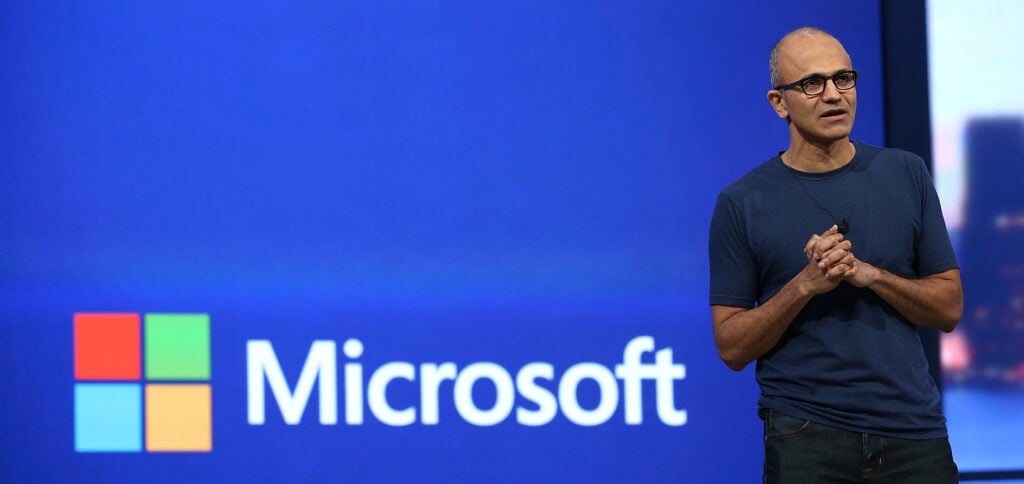The country, which describes itself as a “start-up nation”, ranked 14th in the ranking of States by GDP per capita in 2022, ahead of the four largest European economies (Germany, United Kingdom, France and Italy), according to the latest statistics from the International Monetary Fund (IMF).
ADVERTISING
“But there is the start-up nation and the soup kitchen nation” (popular, community restaurant), says Gilles Darmon, president of Latet, the main NGO that fights poverty and offers food aid in Israel.
“On one side is the center of the country, around Tel Aviv and high technology, where, in terms of prosperity, we must be among the richest cities in the world (…) On the other, more than 312.000 families (from a population of almost 9,7 million people) in a situation of severe food insecurity”, he adds.
Israel, founded on May 14, 1948, can boast enviable macroeconomic performances.
ADVERTISING
Economic growth was 6,5% in 2022, down from 8,6% in 2021, but still well above the average (2,8%) for Organization for Economic Co-operation and Development (OECD) countries. Inflation is relatively under control and the budget deficit is under control.
Cybersecurity has become one of the drivers of the economy, especially with the Check Point group, one of the world leaders in the sector.
“Spirit of command”
Israel is also at the forefront of innovation in biotechnology and agriculture. The company Netafim, specializing in irrigation technologies in the Negev desert since the 1960s, has expanded internationally.
ADVERTISING
The arms industry, with the trio Elbit, Israel Aerospace Industries (IAI) and Rafael Advanced Defense Systems, continues to be a symbol of the Israeli economy, with lucrative contracts abroad.
Israeli experience is also found in several high-tech multinationals, highlights Daniel Rouach, president of the France-Israel Chamber of Commerce.
“There is Israeli 'know-how' in the components found in large multinationals such as Intel or Google", said.
ADVERTISING
Waze, a driver assistance app, was Israeli before being purchased by Google.
According to Rouach, successes are linked to an Israeli business mentality: “a commanding spirit that consists of making maximum use of designated budgets in a minimum period of time, sometimes taking enormous risks, with the only parameter being the objective to be achieved.” ”.
But apart from the success, which is represented by beautiful residences in the center of the country, the reality is less brilliant.
ADVERTISING
In Shimshon, a neighborhood in the south of the coastal city of Ashkelon, it is possible to see several buildings in poor condition.
Built in a hurry at the end of the 1950s to receive the large flow of immigration, mainly from North Africa, the properties are now largely inhabited by immigrants from Ethiopia and Russia, without any type of renovation.
Food or medicine
The yellow facades are dominated by clothes hanging on small balconies.
“We are all in trouble. The whole neighborhood! We barely survive on public aid benefits,” said retiree Esther Benhamou, 73, as she struggled up the stairs leading to her apartment.
“I have to choose: eat or buy my medicine”, he added, already inside the living room of his apartment, practically devoid of furniture.
More than 27% of the Israeli population lives in poverty, according to end-2022 data from the NGO Latet.
Israel has the third highest poverty rate among the 38 OECD countries, behind Costa Rica and Bulgaria.
“In just over 30 years, we went from one of the most egalitarian societies in the world (…) to a highly unequal and individualistic society,” says Darmon. “The State has stopped fulfilling its role of mitigating the effects of the market and redistributing wealth.”
Many charitable organizations work to meet the needs of the poorest. In Kyriat Malakhi, a small town in southern Israel, Nikol Jibril, 72, has been cooking and distributing meals to the poorest for 3 years.
“As soon as you help one family move forward, another comes along. It never stops, they always send more people,” she said. “We are a dozen volunteers cooking all day and we need larger quantities (…) The situation is only getting worse.”




